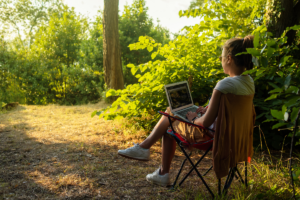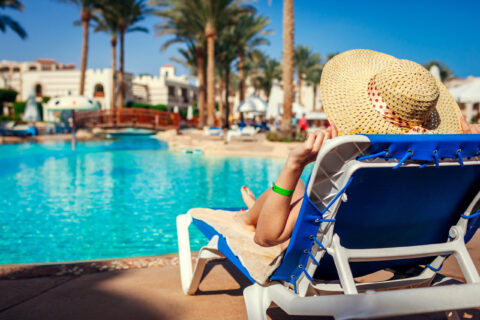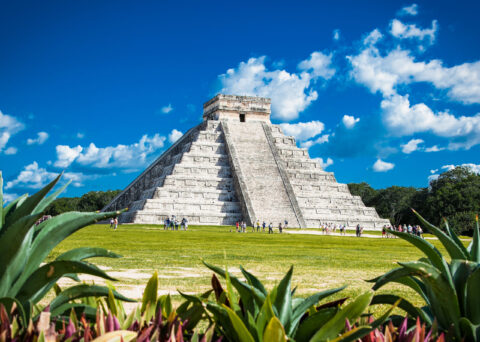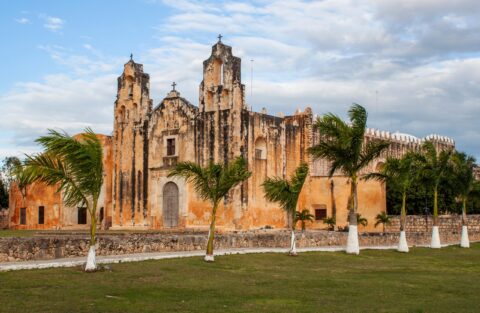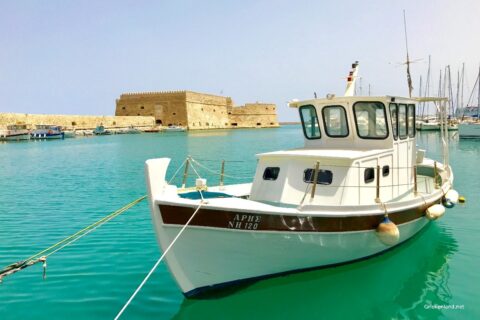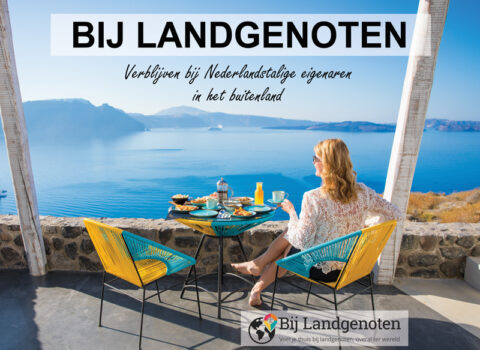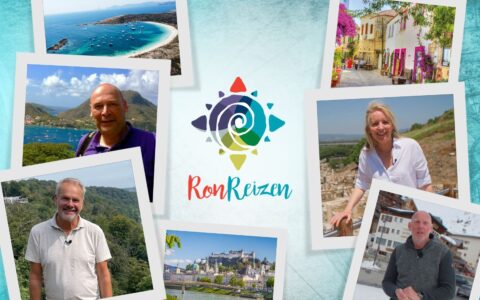Bleisure is an amalgamation of the words ‘business’ and ‘leisure’. Bleisure Travel is therefore a trip that combines work and holiday. This form of travel is becoming increasingly popular. The fact that many people can work remotely makes it easier to stay away from home for longer without taking holidays. Besides, there is a renewed interest in travelling after the pandemic, and what could be easier than discovering a destination you have to go to for work anyway?
Different types of Bleisure
Different types of Bleisure travel can be distinguished. One can see that many people extend their business trip with a weekend or midweek, for example, so that they can still see something of the area at their destination. But what is also increasingly happening is a family holiday combined with a business trip. Then the partner and children also arrive at the destination after the business part of the trip has been concluded.
In a world where a good work-life balance has become increasingly important for employees, this is not a very strange trend. In addition, a Bleisure holiday can also save a lot of money. The trip to the destination is often paid for by the employer and, of course, so is the time spent at work. Consumers on a Bleisure trip are also more flexible with departure dates, allowing them to book a cheaper return flight at the weekend, for example. This can significantly reduce the cost of a holiday.
How do you capitalise on this trend?
To respond well to this Bleisure trend as an organisation in the travel industry, there are a number of factors to consider.
- Provide good working conditions
The accommodation for travel should meet the requirements of a good workplace. So make sure you have good wifi, but a workspace with screens and power outlets is also useful for the business traveller. But a good restaurant nearby also helps attract the business target group. - Clearly show that you are promoting bleisure
- Draw attention to Bleisure on your promotional channels such as your website. In addition to all the business opportunities your organisation offers, it is advisable to highlight the surrounding area as well. Why is your destination such a great place to go on holiday? Don’t forget families for consumers who want to link a family holiday to their business trip.
Make Bleisure attractive with promotions
To make it extra attractive for the business traveller to stay longer on location, promotions regarding these trips are recommended. Think for example of a discount to stay extra nights. But also extras such as bike rental or an activity nearby can help guests stay longer.
In 2024, we will only see the Bleisure Travel trend grow and is therefore advisable to capitalise on this target group if it suits your business.
